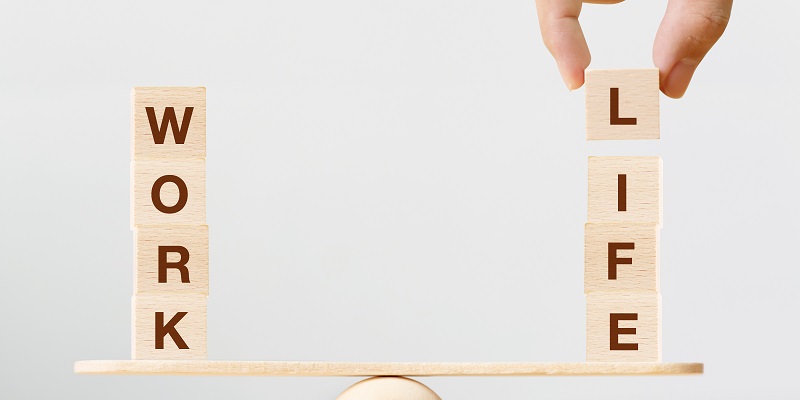Work-life balance is an essential component of a healthy and happy life. In today’s fast-paced world, it’s easy to get caught up in work-related stress and neglect the other aspects of our lives that also require our attention. Work-life balance refers to the equilibrium between our work or professional life and our personal life, including our family, friends, hobbies, and other interests.
The Negative Effects of Poor Work-Life Balance
When work takes over our lives, it can lead to several negative consequences. Burnout, stress, and fatigue are common among those who allow work to take priority over their personal lives. It can also lead to strained relationships with family and friends, and even affect our physical health.
Stress-induced illnesses, such as heart disease, high blood pressure, and depression, are more prevalent among individuals who prioritize their work over everything else. A poor work-life balance can also strain personal relationships and negatively impact our social life leading to feelings of loneliness and isolation.
The Benefits of Achieving Work-Life Balance
Achieving work-life balance can have significant benefits in all areas of life. When we create more time for our personal lives, we can enjoy our hobbies, interests, and time with family and friends. This leads to increased happiness and satisfaction with life and positively affects our mental health.
A good work-life balance can also improve our physical health by reducing stress and preventing burnout. With more time for self-care and relaxation, we can reduce our risk of stress-induced illnesses and improve our overall well-being.
Tips for achieving work-life balance
Achieving a good work-life balance requires effort and planning. Here are some tips for achieving work-life balance:
1. Set boundaries: Establish clear boundaries between work and personal life. For instance, avoid working on weekends or responding to work-related emails or calls outside of work hours.
2. Prioritize: Prioritize important tasks and delegate responsibilities where possible.
3. Take Breaks: Take regular breaks throughout the workday to recharge and avoid burnout.
4. Set Realistic Goals: Set realistic goals and avoid overcommitting to work.
5. Learn to Say No: Learn to say no to unreasonable requests that may affect your work-life balance.
In conclusion, achieving a work-life balance is essential to lead a healthy and fulfilling life. A poor work-life balance can lead to burnout, strained relationships, and negative physical and mental health outcomes. On the other hand, achieving a work-life balance can lead to increased happiness, improved well-being, and healthier relationships. By setting boundaries, prioritizing tasks, and taking breaks, we can create a balanced and satisfying life that incorporates both work and personal priorities.

